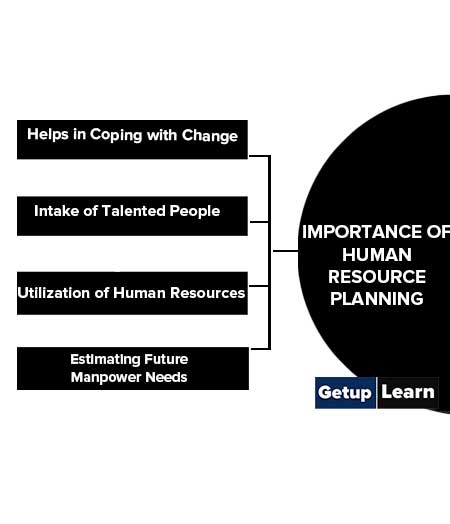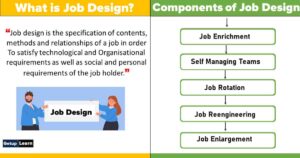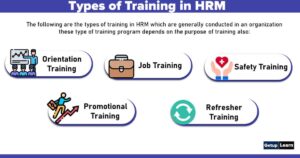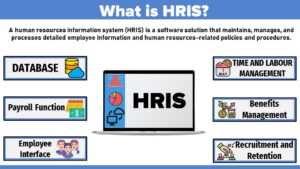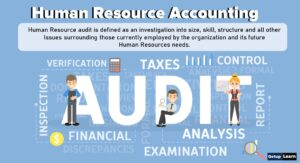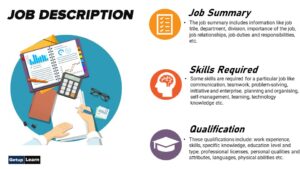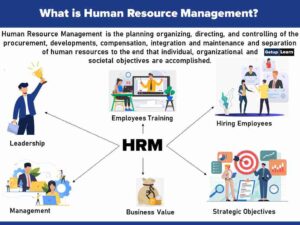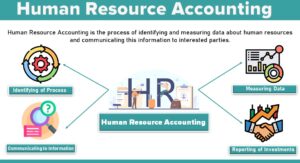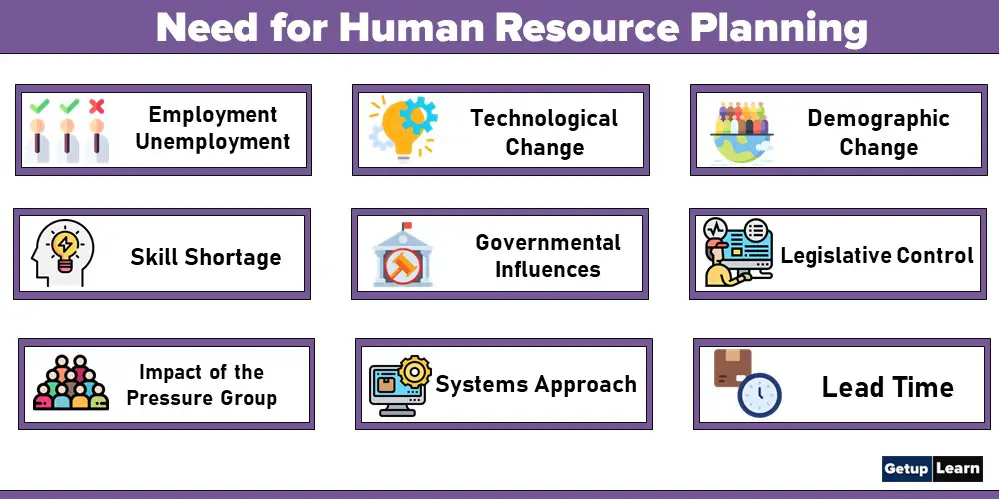
Table of Contents
Need for Human Resource Planning
Following are the major reasons for the need for human resource planning for an organization:
- Employment-Unemployment Situation
- Technological Change
- Demographic Change
- Skill Shortage
- Governmental Influences
- Legislative Control
- Impact of the Pressure Group
- Systems Approach
- Lead Time
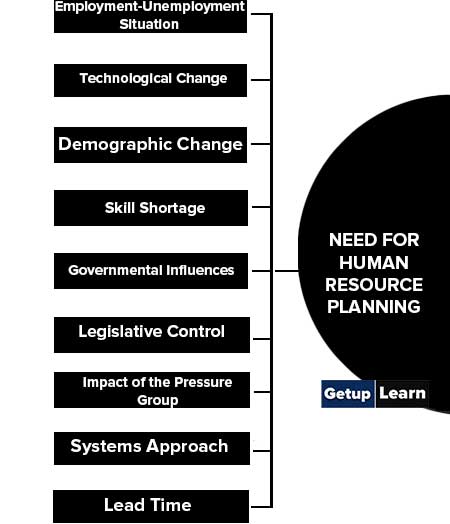
Employment-Unemployment Situation
Though in general, the number of educated unemployed is on the rise, there is an acute shortage of a variety of skills. This emphasizes the need for more effective recruitment and employee retention.
Technological Change
The changes in production technologies, marketing methods, and management techniques have been extensive and rapid. Their effect has been profound on the job contents and job contexts. These changes have caused problems relating to redundancies, retention, and redeployment. All these suggest the need to plan manpower needs intensively and systematically.
Demographic Change
The changing profile of the workforce in terms of age, sex, literacy, technical inputs, and social background has implications for HRP.
Skill Shortage
Unemployment does not mean that the labor market is a buyer’s market. Organizations generally become more complex and require a wide range of specialist skills that are rare and scarce. A problem arises in an organization when employees with such specialized skills leave.
Governmental Influences
Government control and changes in legislation with regard to affirmative action for disadvantaged groups, working conditions and hours of work, restrictions on women and child employment, causal and contract labor, etc. have stimulated the organizations to become involved in systematic HRP.
Legislative Control
The policies of “hire and fire” have gone. Now the legislation makes it difficult to reduce the size of an organization quickly and cheaply. It is easy to increase but difficult to shed the fat in terms of the numbers employed because of recent changes in labor law relating to lay-offs and closures. Those responsible for managing manpower must look far ahead and thus attempt to foresee manpower problems.
Impact of the Pressure Group
Pressure groups such as unions, politicians, and persons displaced from land by the location of giant enterprises have been raising contradictory pressure on enterprise management such as internal recruitment and promotion, preference for employees’ children, displaced person, sons of the soil, etc.
Systems Approach
The spread of system thinking and the advent of the macro computer as part of the ongoing revolution in information technology which emphasizes planning and newer ways of handling voluminous personnel records.
Lead Time
The long lead time is necessary for the selection process and training and deployment of the employee to handle new knowledge and skills successfully.
Importance of Human Resource Planning
These are the significant importance of human resource planning due to the following reasons:
- Helps in Coping with Change
- Intake of Talented People
- Utilization of Human Resources
- Estimating Future Manpower Needs
Helps in Coping with Change
The external environment is very dynamic and it keeps on changing rapidly. Constant changes in technology, political and social field affects the business. HRP helps a business in adapting to external changes.
Intake of Talented People
Another primary importance of HRP is that it helps in taking or recruiting the most talented personnel in the organization. It not only helps in determining the present needs of the human resources but also assesses the available HR inventory level and finally helps in recruiting the required personnel.
Utilization of Human Resources
HRP is framed keeping in view the objectives of the organization. HRP adopts such measures which not only helps in achieving the objectives of the organization but also in the optimum utilization of the human resources employed in the organization.
Estimating Future Manpower Needs
HRP, with the help of various forecasting techniques, helps in estimating the future workforce requirements properly without hampering the organization’s regular activities.
Why do we need human resource planning?
These are the major reasons for the need for human resource planning for an organization:
1. Employment-Unemployment Situation
2. Technological Change
3. Demographic Change
4. Skill Shortage
5. Governmental Influences
6. Legislative Control
7. Impact of the Pressure Group
8. Systems Approach
9. Lead Time.
What are the four importance of human resource planning?
Following are the four importance of human resource planning:
1. Helps in Coping with Change
2. Intake of Talented People
3. Utilization of Human Resources
4. Estimating Future Manpower Needs.

